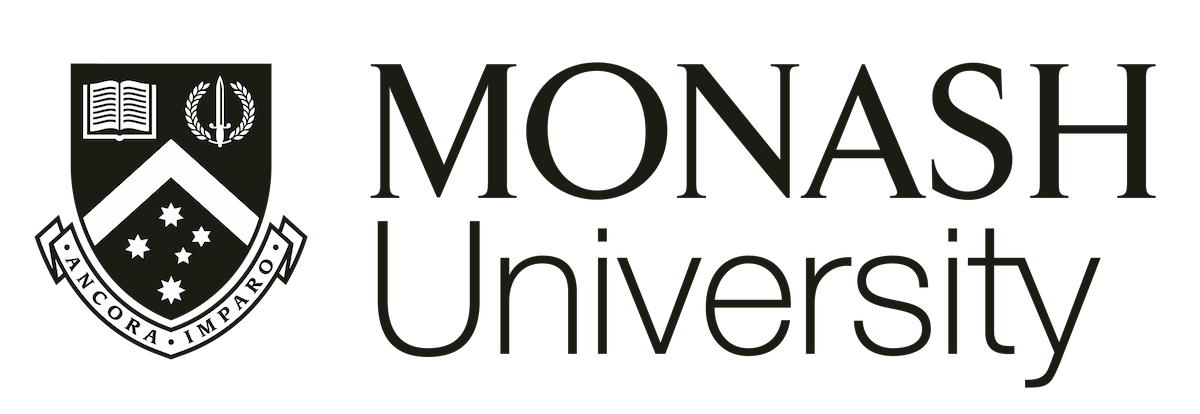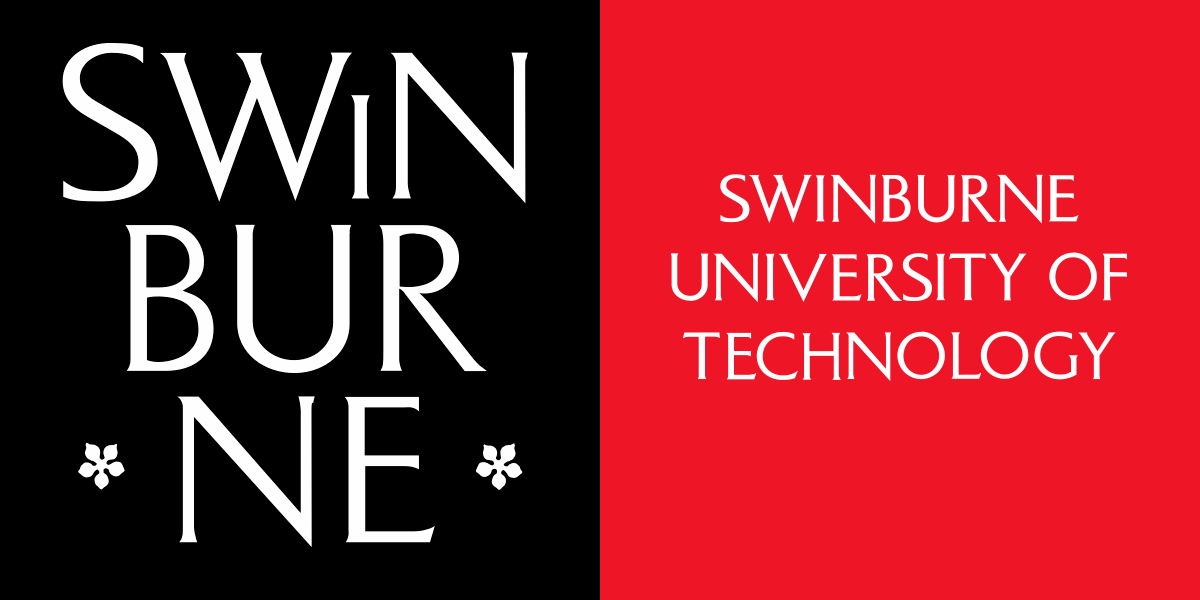ServDes.2020 branding:
Chiara Croserio, Paul Putra Panudiana Kuhn, Peem Thaugsuban
ServDes.2020 website 2021:
Amici Studio — James Meadowcroft, Liz Luby, Selena Repanis
ServDes.2020 website design 2020:
Lee Lee Wong, Ka Yan Lau, Xiao Qian Dong, Tian Yi Chen, Nicholas Shu, Beck Storer
Academic, Industry and Research Participants:
Ng Ailing, Shana Agid, Ola Ali, Natalia Alessi, Joon Sang Baek, Andrew Bardac, Kerry Best, Gao Bo, Boo Chapple, Roger Chen, KR Chetan, Chung Kum Chew, Kelly Chueng, Carla Cipolla, Tristan Cooke, Jess Corbett, Jianting Dai, Pradip Dasgupta, Cyndi Dawes, Fayen D’evie, Stefanie di Russo, Tejaswi Divakaruni, Caitlin Dragon, Ronnie Egan, Tim Elliot, James D. Elliott, Bridgette Engeler, Louise Francis, Emma Gerard, Desean Goh, Xiaoyu Gu, Yuwei Guo, Pranoti Hatkar, Iva Halacheva, Sue Izmir, Avishkar Kalgutkar, Saurabh Karandikar, Leander Kreltszheim, Calvin Kua, Essi Kuuri, Melanie Kydd, Kei Him Lam, Chloe Lau, Georgi Lewis, Su-en Lim, Tai Yi Ling, Kuan-Leung Liu, Nico Leonard, Tanveer Mago, Bridget Malcom, David McBurney , Kate McEntee, Nicola Moreli, Khemmiga Teerapong, Rubi Thi Bao Nguc Nguyen , Lisa Overton, Lina Patel , Lara Penin, Sabrish Prakas, Alison Prendiville, Tanya Pulani, Anushka Ramakrishnan, Ankita Rathore, Tatyana Rugema, Shadae Rugema, Vidur Sabharwal, Bryan Sim, Kate Storey, Jo Sszczepanska, Erin Tan, Yuri Teodonuych , Poonam Vengurlekar, Sergey Vasilyer, Josina Vink, Noel Waite, Peter West, Olivia Wong, Vivian Ji Jian Xu , Jeremy Yuille, Lulu Zhang, Yi Zhang Mavis Ka Yan Lau, Hong Anh Minh Le, Winny Uyen Cat Le Khac, Pauline Ping Li, Iris Pengling Li, Shuang Li, Limeng Liang, An-Ni Liu, Jiashuo Liu, Olivia Wenai Liu, Wanyi Lu, Cathy Yue Ma, Madeleine Mittas, Samantha Montiel Sanchez, Yutang Mu, Arianna Navarro-Grau, Duc Nguyen, Janhavi Nikharge, Kara O’Loughlin, Alexandra Pettigrew, Darren Jen Ken Phoon, Khuyen Phung, Deepti Ramakrishnan, Leah Rangi, Aamena Rasiwala, Ektaa Ravishankar, Ebisu Zedequan Rong, Hannah Mae Therese Cilot Rufino, Shakira Rugema, Simon Scougall, Shuai Shao, Yunxi Shao, Maxmillian Shelton Huntley, Yiling Shi, Tim Smits, Zoey Yitong Song, Seuret Son-Le, Jing Sun, Luna Suxuan Tian, Revati Vivek Tongaonkar, Benjamin Fred-Robert Tuariki, Janine Uy, Panyada Vanichpanya, Aaron Hung Vo, Hua Wang, Chloe Suzanne Weatherly, Siyang Wen, Lee Lee Wong, Juanyan Wu, Shuchen Wu, Arius Cheng Xu, Iris Xinyu Xu, Rong Xu, Muhamad Daniel Darnas Bin Muhamad Yakup, Tiezheng Yan, Yuqi Yang, Cathy Yue Yin, Brynn Jiayi Zhang, Chloe Jiayu Zhang, Dui Zhang, Leona Xin Zhang, Nicole Xiaoyu Zhang, Yingying Zhang, Weili Zhang, Weili Zhong, Jinghan Zhu.
Reviewers:
Shana Agid, Yoko Akama, Jonathon Allen, Ahmed Ansari, Fernando Alberto, Alvarez Romero, Parag Anand, Bec Andrews, Juliette Anich, Mattias Arvola, Ahmed Ansari, Joon Sang Baek, Justin Barrie, Carolyn Barnes, Marion Bawdon, Viktor Bedo, Gabrielle Bendiner-Viani, Jessica Bird, Jeanette Blomberg, Johan Blomkvist, Spyros Bofylatos, Stefana Broadbent, Rachel Bucknall, Martina Caic, Valerie Carr, Michelle Catanzaro, Fabrizio Cheschin, Jaz Choi, Carla Cipolla, Simon Clatworthy, Stephen Clune, Ollie Cotsaftis, Jess Corbett, Marta Corubolo, Selby Coxon, Allyson Crimp, Alexander Crosby, Yolanda Dawson, Amalia De Goetzen, Chiara Del Gaudio, Myriam Diatta, Sean Donahue, Aguinaldo Dos Santo, Oliver Dykes, Adam Dzwonczyk, Alli Edwards, Mel Edwards, Liam Fennessy, Marius Foley, Lucy Fraser, Ilya Fridman, Claudia Garduno, Alison Gill, Gloria Gomez, Daria Gradusova, Lisa Grocott, Penny Hagen, Iva Halacheva, David Hands, Libby Heasman, Leah Heiss, Owen Hodda, Stefan Holmlid, Kathleen Horton, Yang Huan, Ingo Karpen, Çi.dem Kaya, Mahmoud Keshavarz, Miso Kim, Yong Se Kim, Hannah Korsmeyer, Chris Kueh, Joannes Barend Klitsie, Leander Krelzheim, Matt Kurowski, Jung-Joo Lee, Vivian Lee, Benny Leong, Simon Lockrey, Sylvan Lobo, Abby Lopez, Anna Lorenzetto, Ravi Mahamuni, Bridget Malcolm, Lisa Malmberg, Laura Mata Garcia, Georgia McCorkill, Cat McDonald, Kate McEntee, Troy McGee, Massimo Menichinelli, Satu Miettinen, Marzia Mortati, Andrew Morrison, Ingrid Mulder, Alok Nandi, Erez Nusem, Tim Overkamp, Lisa Overton, Rowan Page, Lina Patel, Lia Patricio, Lucas Rafael Ivorra Penafort, Lara Penin, Maximilian Perez Mengual, Margherita Pillan, Andy Polaine, Alison Prendiville, Rebecca Anne Price, Ruby Quail, Priyanka Rajwade, Mariano Ramirez, Mark Richardson, Vanessa Rodrigues, Ned Rossiter, Callan Rowe, Georgia Rowe, Stefanie di Russo, Daniela Sangiorgi, Juan Sanin, Steve Santer, Kaisa Savolainen, Melis Senova, Tristan Schultz, Samuel Petros Sebhatu, Cathrine Seidelin, Jethro Sercombe, Luca Simeone, Aditi Singh, Toni Smith, Zoe Sofoulis, Eduardo Staszowski, Jesse Stein, Susan Stewart, Marc Stickdorn, Kate Storey, Karla Straker, Teresa Swist, Jo Szczepanska, Masanao Takeyama, Ida Telalbasic, Christine Thong, Cameron Tonkinwise, Paola Trapani, Soumitri Varadarajan, Floris van der Marel, Geke van dijk, Mattia Vettorello, Josina Vink, Noel Waite, Lucy West, Peter West, Katarina Wetter Edman, Cara Wrigley, Emily Wright, Eun Yu , Jeremy Yuille.
Volunteers:
Nichole Barling-Luke, David Blumenstein, Winny Uyen Cat Le Khac, Sandeep Chahal, Na Chotnoparatpat, Christina Xiaoqian Dong, Connor Forsyth, Amy Green, Catherine Green, Libby Heasman, Cecillia Huynh, Farhana Ismail, Holly Jimenez, Mandy Lau, Iris Pengling Li, An-Ni Liu, Isabella Lok, Naketra Mendes, Zhaotong Meng, Yumisha Niroula, Charlii Parker, Zane Pinyon, Dow Chatrawee Ratanasomboon, Manami Ray, Tallulah Robinson, Rosanne Sauz, Yea Seul Seo, Maneet Sing, Kim Shore, Seurêt Son-Lê, Dennii Stanbridge, Ariel Steinberg, Yidan Tang, Peem Thaugsuban, Revati Tongaonkar, Stella Vassiliou, Clare Villalba, Juliet Wong, Sam Peiwei Xu, Yuki Yang , Antonia Yunge Sorcuo


































